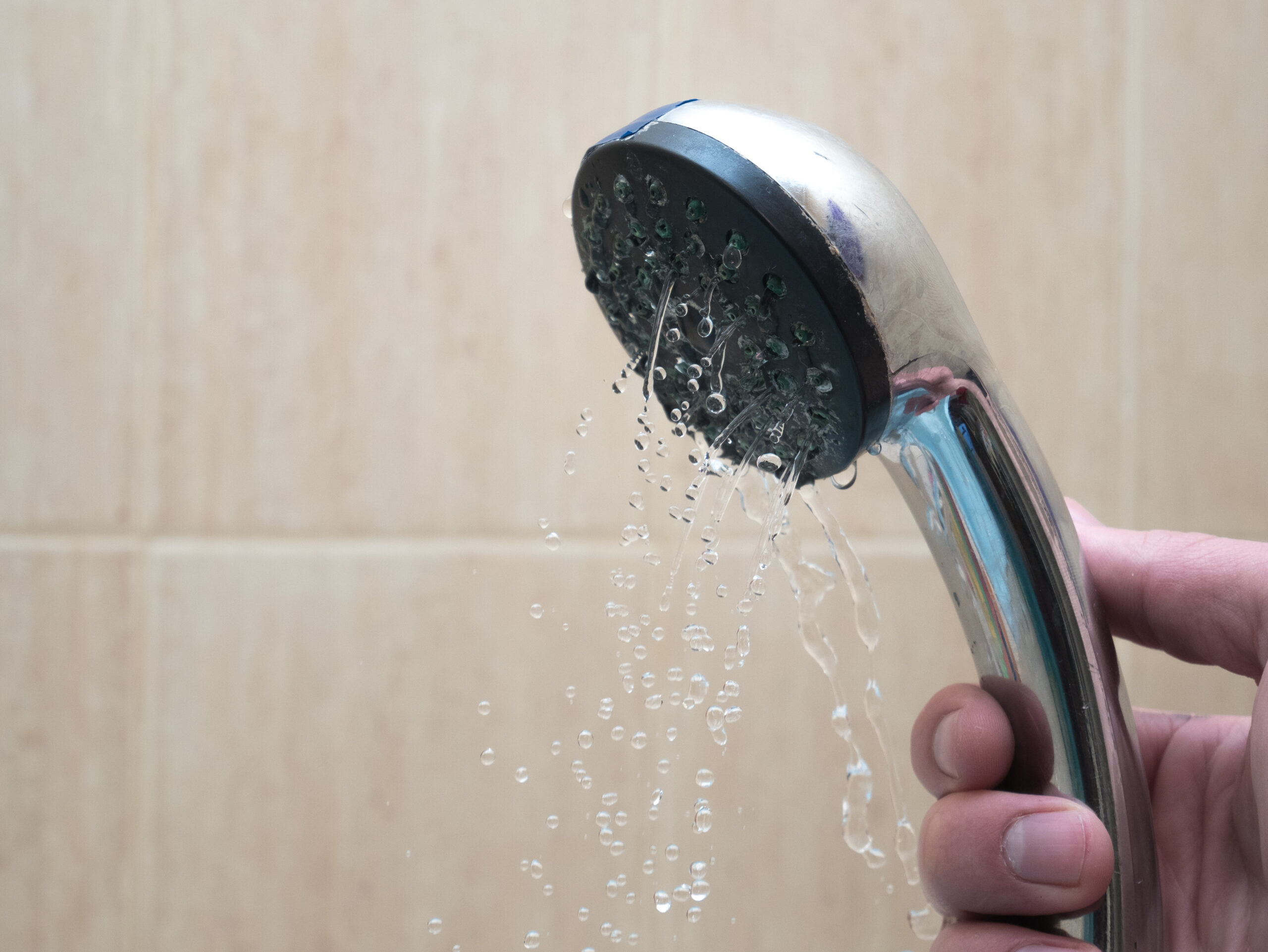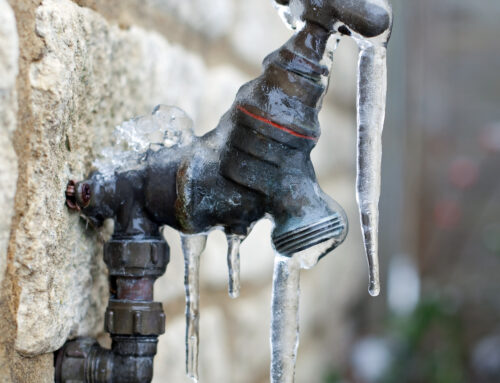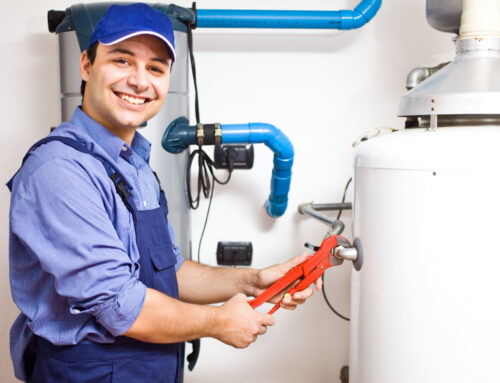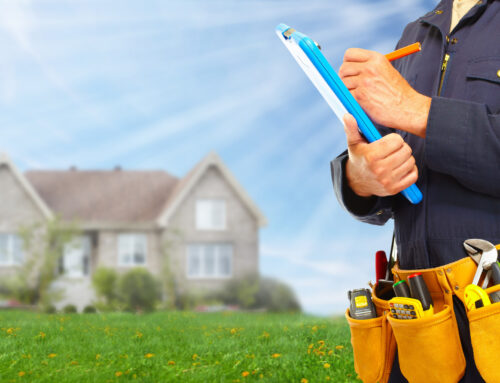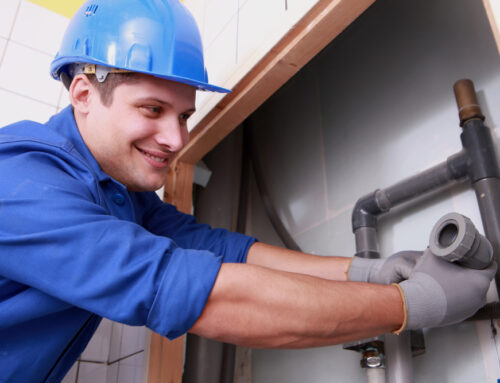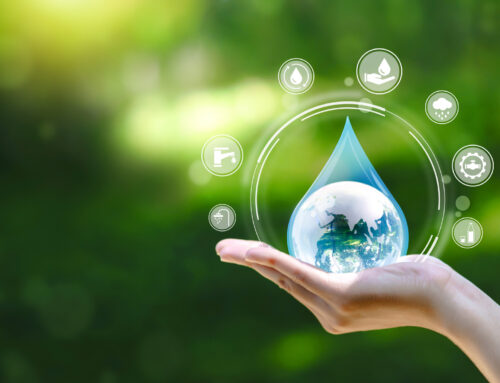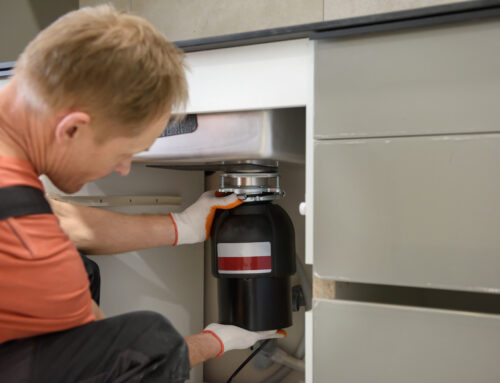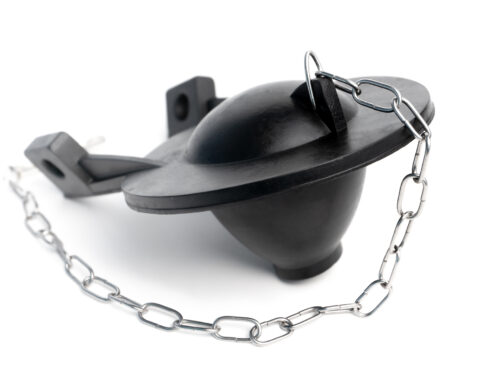Water is essential for daily life, from drinking and sanitation to agriculture and industry. Despite its abundance on Earth, only a small fraction is readily accessible for human use. Thus, managing and conserving water is incredibly important for environmental sustainability, economic stability, and quality of life. How can you help? We can all help conserve water through effective plumbing systems. Read on to learn more about why conserving water is important, and how proper plumbing can contribute to these efforts. If you want to learn more, or if you are ready to upgrade your plumbing appliances, contact Plumbers911 today!
Why is Water Conservation Important?
1. Environmental Impact
Water conservation helps preserve ecosystems and wildlife habitats. Freshwater bodies like rivers, lakes, and wetlands are crucial for maintaining biodiversity. Overuse and pollution of these resources can lead to habitat destruction, endanger species, and disrupt ecological balances. By conserving water, we help protect these natural systems and the life forms that depend on them.
2. Sustainability of Resources
Though water covers around 71% of the Earth’s surface, only about 2.5% is freshwater, and less than 1% of that is easily accessible. With growing populations and increasing demands, the pressure on freshwater resources is escalating. Conserving water ensures that we use what we have more efficiently, safeguarding this precious resource for future generations.
3. Economic Benefits
Water conservation can lead to significant cost savings. For households and businesses, reduced water use translates to lower utility bills. Additionally, conserving water reduces the need for extensive water treatment and infrastructure, which can be costly for municipalities. Efficient water use supports economic stability and helps allocate financial resources more effectively.
4. Mitigating Climate Change
The energy required to pump, heat, and treat water is substantial. By conserving water, we indirectly reduce energy consumption and greenhouse gas emissions associated with these processes. This contributes to climate change mitigation efforts, aligning with broader goals of reducing carbon footprints and promoting environmental sustainability.
How Can Plumbing Help Conserve Water?
1. Installing Low-Flow Fixtures
Modern plumbing offers various fixtures designed to minimize water use without sacrificing performance. Low-flow toilets, showerheads, and faucets are engineered to use less water while still providing adequate function. For instance, low-flow toilets can significantly reduce the amount of water used per flush, which adds up to considerable savings over time. Similarly, water-efficient showerheads and faucets decrease water flow, which also reduces the energy required to heat the water.
2. Fixing Leaks Promptly
Leaky faucets, toilets, and pipes are common sources of water wastage. A single dripping faucet can waste hundreds of gallons of water per year. Regularly inspecting and maintaining your plumbing system to address leaks promptly is a simple yet effective way to conserve water. Many leaks can be repaired with basic tools or by a professional plumber, preventing unnecessary water loss.
3. Implementing Water-Saving Technologies
Plumbing systems can incorporate advanced technologies designed to enhance water efficiency. For example, dual-flush toilets allow users to choose between a full or partial flush, conserving water based on the need. Similarly, graywater recycling systems can be installed to reuse water from sinks and showers for irrigation purposes, further reducing overall water consumption.
4. Upgrading Old Plumbing Systems
Older plumbing systems may not be as water-efficient as modern ones. Upgrading to newer, more efficient systems can lead to substantial water savings. This might include replacing outdated fixtures with newer, low-flow models, or installing water-efficient appliances such as dishwashers and washing machines. Investing in these upgrades not only conserves water but can also improve overall plumbing performance.
5. Educating and Raising Awareness
Proper plumbing also involves educating household members and employees about water conservation practices. Simple actions, like turning off the tap while brushing teeth or fixing a running toilet, can collectively make a significant impact. Plumbers and homeowners alike can contribute by promoting awareness and adopting water-saving habits.
Conserving Water is Crucial, and Plumbing Systems Play a Significant Part!
Effective plumbing helps us conserve water by providing the tools and technologies that help reduce water consumption. From installing low-flow fixtures and fixing leaks to implementing advanced water-saving technologies and upgrading old systems, effective plumbing practices can make a meaningful difference in water conservation.
If you want to do more to conserve water, Plumbers 911 can help!
The California Plumbers911 professionals serve households in Fresno, Clovis, Modesto, Tracy, Stockton, and throughout the Central Valley. These professionals can check your plumbing appliances for inefficiencies, fix any issues, and recommend reasonable upgrades that will help you save water, and money too! Give Plumbers911 a call at (559) 258-1904 or (209) 809-1468!

